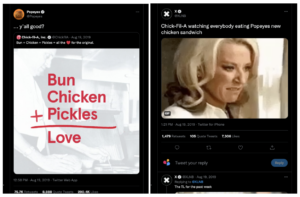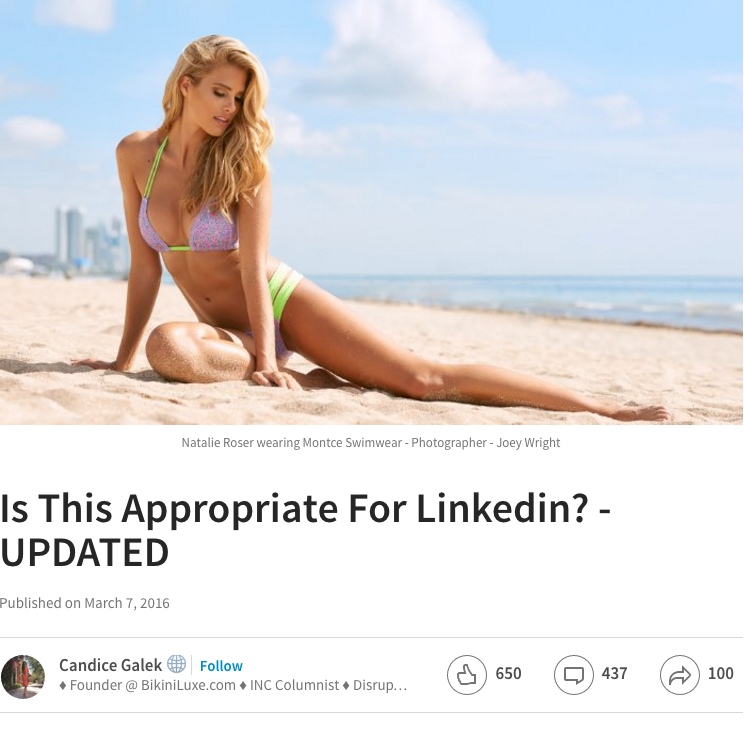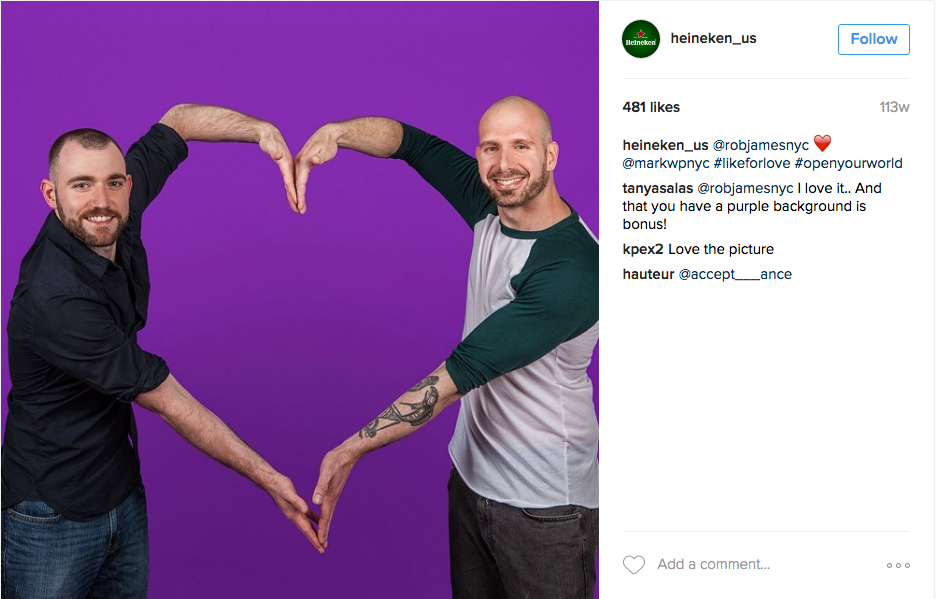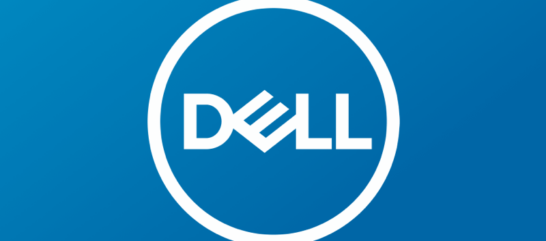The phrase “social media controversy” is often enough to send business leaders ducking under the nearest desk until the storm has passed.
It’s understandable; they want customers or prospects to view the company in a positive light, and they believe that social media controversy is inherently negative.
Thanks to widespread social media use and easy access to a variety of information sources, we now have near-constant updates on current events. That said, we’re also exposed to far more conflicting viewpoints than ever before.
People often quickly cement their position on polarizing issues or events, and when interacting with them online it’s almost impossible to completely avoid controversy.
Regardless of what industry your business operates in or who your core customer base is, at some point you’re going to find yourself faced with a topic that engenders strong feelings among your audience.
Am I making you nervous? I hope not. 😬
Creating — or, more likely, joining — a conversation about controversial issues on social media can often actually benefit your company in terms of brand awareness, brand loyalty, and revenue. Don’t get me wrong; not everyone will like what you post, and you should tread carefully.
Should Companies Address Controversial Issues On Social Media?
Yes and no. It’s complicated. Social media can facilitate honest conversations that engage your audience in ways that would be impossible if you sidestepped the issue completely.
In fact, studies show that people want their preferred brands to take stances on issues they find important, but brands still need to be smart about which controversial social media topics they choose to address.
And how they address them.
You see, navigating this landscape is harder than it may seem at first, and poorly executed attempts at trend-jacking can lead to accusations of “woke-washing.”
How do you avoid potential backlash with social media controversy? Well, that’s what this post is all about!
Let’s get into it (yuh).
Engage In Honest Discussions
Honesty is a core tenet of any successful marketing or brand management strategy, but its importance is magnified when viewed through the lens of social media controversy.
These conversations are usually tied to intense personal feelings, so people are more attuned to examples of dishonesty and hypocrisy that they can use to bolster their own claim.
If consumers sense you’re trying to attract attention using a controversial subject without honestly engaging the participants, it’ll likely be seen as a crass attempt at cheap publicity.

One notable example of the power honesty holds when addressing controversy came from fast casual restaurant power-player, Chipotle. As stories of food-borne illnesses contracted from Chipotle restaurants spread across the news, the burrito chain found itself forced to address its crucial mistakes regarding food handling practices.
Chipotle executives chose to display detailed information about the restaurants affected and the number of people affected in each incident on company social channels.
This transparency signaled to the public that Chipotle understood the gravity of the situation and that the company is committed to being open about how it addresses such issues
Tap Into Audience Passions
Studies show that content is more likely to go viral when it inspires certain emotions: anxiety, awe, and anger. These particular emotions are seen as being high-energy and typically incite passionate responses to the issue addressed.
When the audience picks up on one of these high-energy emotions, they often feel compelled to act.
Sometimes, that action takes the form of interacting with your content directly — whether that be a like, a comment, etc. — and sometimes it means sharing it with a greater audience.

Take Popeyes’ 2019 release of its new chicken sandwich, for example.People felt very strongly one way or the other about it, and the internet was abuzz with memes as they passionately declared Popeyes’ supremacy or staunchly defended Chik-fil-A.
In fact, what was originally a chaotic product launch marked by insufficient supply and long drive-thru lines wound up being a massively successful brand play for the company.
Remember: Timing Is Important With Social Media Controversy
Many social media marketers probably feel like their lives are controlled by the concept of proper timing, because knowing when to engage your audience is as crucial as knowing how to engage them.
It’s important to give your customers the appropriate information based on their stage in the buying funnel, and that applies to controversial content too.
You need to have a feel for when engaging in a controversial discussion will have the biggest impact without coming off as opportunistic.
If you promote your content too soon in the conversation, it’ll be perceived as an attempt to capitalize on an issue without any substantive thought behind your stance.
Wait until it’s too late, and the audience could begin to view your brand as behind the times, or unwilling to take a stand until hearing from other entities.
Break Conventions (If It Makes Sense For Your Brand)
One of the best ways to embrace social media controversy in the interest of driving brand awareness is to subvert your audience’s expectations.
Informal conventions run deep on most social media platforms; regular users are conditioned to expect content that mostly follows these rules and stays within the lane of the particular site it lives on.
When bold companies decide they want to break these conventions and share something new with the audience, interesting things can happen.

The story of Bikini Luxe and LinkedIn is a prime example. A forward-thinking entrepreneur decided that igniting controversy was a great way to differentiate their brand in a highly competitive market, and it worked.
While many LinkedIn users were outraged by Candice Galek’s decision to feature bikini-clad models on the professional networking site, others applauded her creativity — something reflected by her 30,000 new LinkedIn followers.
Embrace User-Generated Content
Inviting users to create and share their own content on social media is a popular method brands use to increase audience engagement. Besides, evidence indicates that consumers trust user-generated content (UGC) up to 50% more than other types of media.
UGC is a great way to make customers feel like they’re actively involved in your company’s branding story, and it can be a portal to controversial social media topics as well.
Yes, soliciting UGC opens you up to the trolls and nihilists of the web; it’s wise to delete posts that are merely created to offend others.However, when a user posts something honest that conflicts with the views of others, it’s an opportunity for a positive experience for all involved.
Proudly Show Your Values
Despite the fact that most organizations are a diverse collection of individuals who may have differing opinions on current events, that doesn’t mean the company as a whole can’t share a cohesive set of values.
In truth, no company is completely apolitical, but that’s okay because most consumers don’t expect them to be. Nearly three-quarters of adults want businesses to comment on the important issues of the day, and the younger the respondent, the more likely they are to share this view.
One example of a brand showcasing its values is Chobani. Known for its Greek yogurt products, the company also makes sure it takes care of its employees.
At a time when inflation, wages, and work culture are highly salient topics of public debate, Chobani’s decision to raise the company minimum wage allows it to join conversations with some skin in the game.
Unfortunately, as many companies witnessed when they celebrated the Supreme Court’s decision on marriage equality in 2015, not everyone will be with you when you take a stand on a divisive issue.

Detractors will inevitably emerge from the fog; it’s crucial to avoid walking back on your stance or you risk alienating the core audience that shares your values.
Use Social Media Controversy As A Springboard For Listening
One of the great byproducts of social media controversy is that it gets people talking — and when customers talk, any successful business should listen.
These discussions create an opportunity for your core audience to share their feelings for your brand, and you can participate in the process by addressing concerns in a substantive way.
Taking action demonstrates that you actively listen to what your customers have to say, and feeling heard is an important piece of brand loyalty.
Understand The Differences Between Online and IRL Interactions
If you’re going to jump into controversial issues on social media, it’s important to remember that most of the rules of face-to-face conversations don’t apply.
When people engage in a face-to-face conversation about a topic they disagree on, the interaction is typically still guided by an inherent respect for the other party’s humanity.
Consequently, it usually requires a longer and much more intense conversation before things start to turn heated.However, online conversations often lack that basic respect, and anonymity can make participants bolder or more vitriolic than they might be IRL.
When companies delve into social media controversy controversy, they always need to maintain a high level of respect for their audience and avoid succumbing to a culture of anger, even if that seems to be what’s driving the other side.
Use An Employee Influencer Platform To Provide Acceptable Content
Now, we understand that keeping track of what is — or isn’t — okay to post about on social media may be a bit challenging.
That’s especially true if your company is careful about its brand, so an employee influencer platform like EveryoneSocial could make life a lot easier when it comes to addressing social media controversy.
Keep People In The Loop With ‘Mark As Important’
If a crisis pops up and your company needs to clarify or update its people on the issue, making sure everyone gets notified is critical.
That’s one way you can use EveryoneSocial’s “Mark As Important” feature! Your post will send a custom notification to program users that allows them to see what it’s about at a glance, and you’ll have peace of mind knowing that everyone is in sync.
















